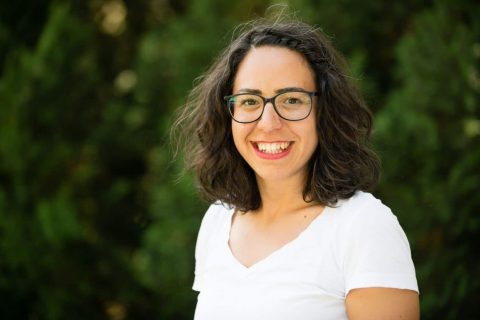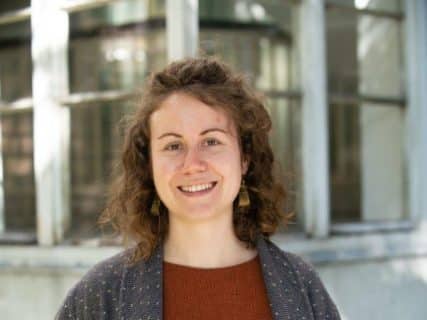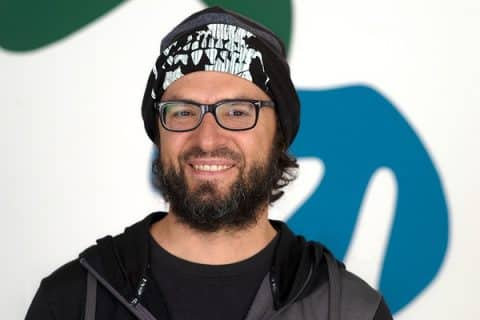
Austria
Housing First in Austria started off by implementing pilot projects in Austria and Vienna in 2012 exhibiting successful results. Over the next years other cities followed and in 2021 the project “Zuhause ankommen” [“arriving home”] was born which allowed participating NGOs to enhance their Housing First efforts, with some organisations even implementing the principles for the first time.
The FSW (Vienna Social Fund) and the Vienna City Government were convinced in 2010 that “Housing First” can work – the red-green government agreement finally laid down the approach for homelessness assistance. This also laid the foundation for the development of the Housing First pilot projects, which were able to start in 2012.
Neunerhaus in Vienna and VinziDach in Salzburg were among the first organisations to implement Housing First. The results of the pilot study running from 2012-2016 showed a housing stability rate of 96.6%
The Citz of Graz followed 2013 with a Housing First project for Women led by the organisation Jugend am Werk as a response to the overcrowded women’s shelters in the city.
According to a paper commissioned by the Austrian National Platform of Social Services Provided for People affected by Homelessness (BAWO) in 2021, it is suggested that by 2025, homelessness in Austria could be permanently ended by implementing a government-supported Housing First strategy combined with the provision of 25,000 affordable homes.
Based on this the project ‘zuhause ankommen’ started. “Zuhause ankommen” [“arriving home”] is a BAWO project aimed at addressing homelessness in Austria. It focuses on assisting individuals impacted by poverty and homelessness in finding a new place to call home. Through a strong collaboration between the limited-profit housing sector and the social service sector, the project offers accessible and affordable housing along with tailored support based on the principles of Housing First.
The project structure allowed participating NGOs to enhance their Housing First efforts, with some organisations even implementing the principles for the first time.
Trainers

Emine Özkan
Neunerhaus – Hilfe für obdachlose Menschen
Country: Austria
Languages: EnglishGermanTurkish
Emine Özkan has a leading position at the Austrian social organization Neunerhaus, where she has managed the Housing First team since 2018. Previously, Emine worked in the field of preventing violence against women and children and led an empowerment program for girls and young women. Emine represents the Housing First approach at international conferences and meetings. She is committed to discussing challenges, reflecting experiences, and creating new ideas for implementing Housing First. In addition to her work at Neunerhaus, she is currently studying part-time for the international master’s program “social work and social economy“ in Vienna.

Marlene Panzenböck
Neunerhaus – Hilfe für obdachlose Menschen
Country: Austria
Languages: EnglishGermanSpanish
Marlene is a project manager and team leader at neunerhaus Housing First in Vienna and a lecturer for Housing First at the Vienna University of Applied Sciences. Marlene previously worked as a social worker with young refugees and in the education sector.
After completing compulsory school and an apprenticeship in the metal industry, I studied “social work/social management” at the Vienna University of Applied Sciences on the second educational path. I was able to gain my first practical experience in helping the homeless during my studies in the context of “assisted living” in an internship. After completing my studies in 2011, I stayed in the field of helping the homeless and worked in the areas of “consulting” and “street work” for a little over two years, where I gained my first experience. After a one-year stay abroad, I then switched to the area of “partially assisted living/outpatient assisted living” in the same field of work, in which I have been working since 2014. I completed the Housing First Europe Hub’s TTT – Train The Trainer – training in 2022.
